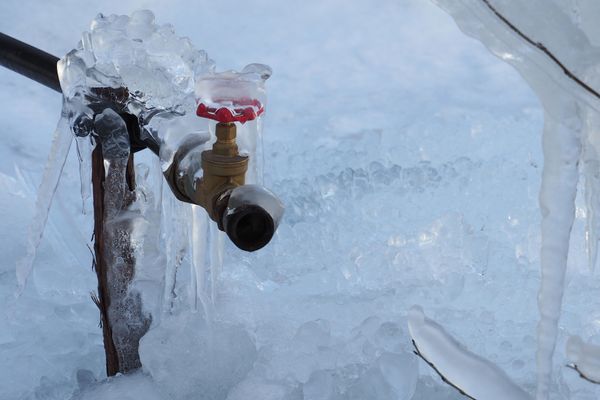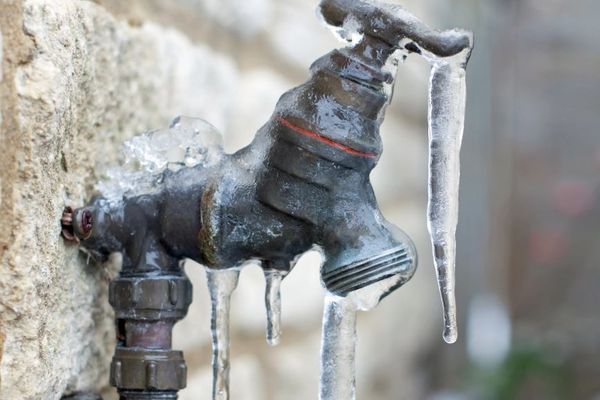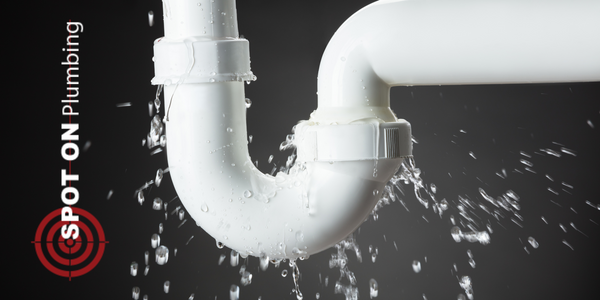The best way to deal with frozen pipes? Avoid them altogether! Here are some practical tips to keep your pipes and drains safe during the winter months:
1. Insulate Your Pipes
Pipes in unheated areas like basements or crawl spaces are especially vulnerable. Wrap them with pipe insulation and secure it with electrical tape. This keeps the cold out and the warmth in.
2. Seal Off Drafts
Cold air sneaking into your home can freeze pipes in no time. Check for drafts in your basement or crawl space and seal them up. This could include closing vents or adding weatherstripping around doors and windows.
3. Keep Drains Clear
Clogged drains are a frozen disaster waiting to happen. Have your drains professionally cleaned before the winter hits. At Spot On Plumbing, we recommend annual drain cleaning to keep your pipes flowing smoothly year-round.
4. Run a Trickle of Water
A steady trickle of water can prevent freezing by keeping the water moving. Make sure to have both the hot and cold knobs on.
5. Maintain Warm Temperatures
Keep your basement or crawl space heated to at least 60°F. Space heaters can help, especially oil-filled radiator types that are safe to run for long periods.
6. Monitor Your Water Heater
Your water heater plays a crucial role in keeping water flowing. Make sure it’s working properly and consider turning up the temperature slightly during the colder months.




